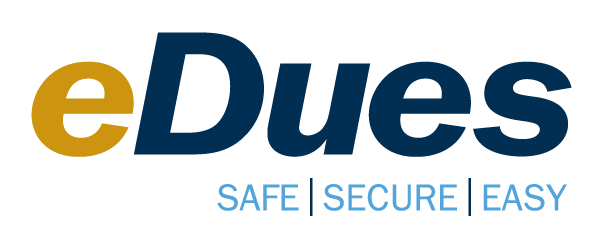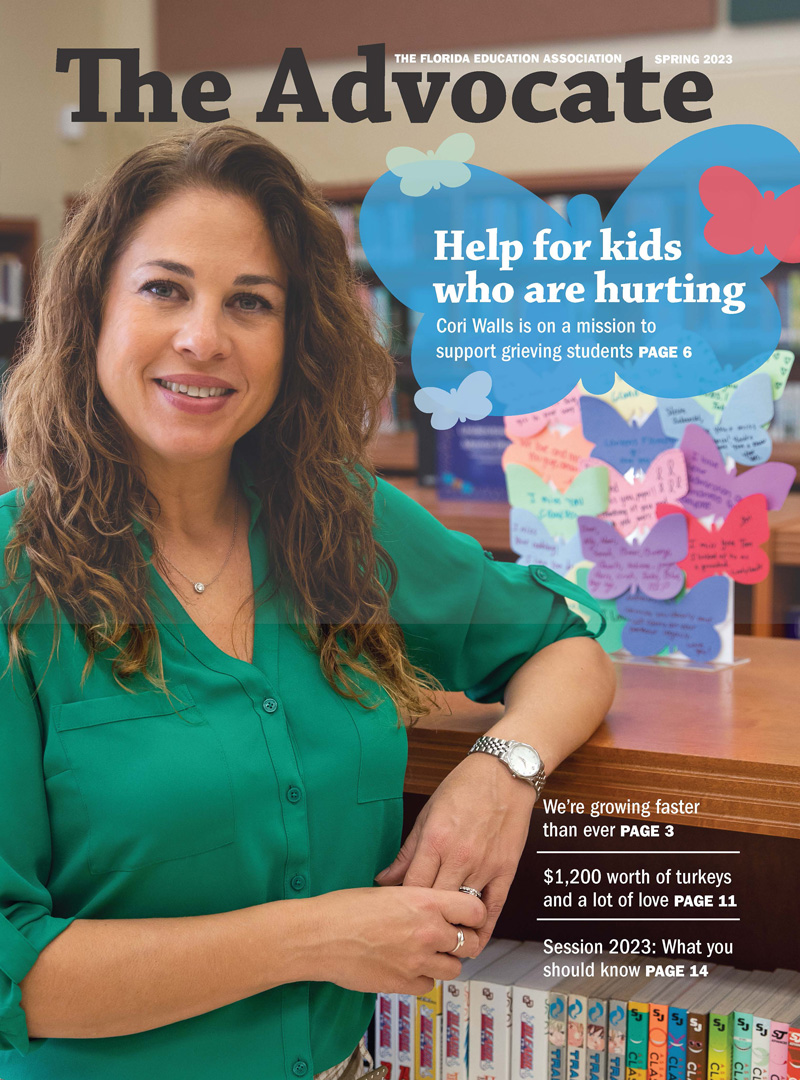Text of the Bill and a Brief Summary
The information below was updated on 12-14-23 to reflect the most recent version of the bill after amendments from the Fiscal Policy Committee.
SB 7002 (full text) is one of three bills proposed by the Senate PreK-12 Education Committee that focuses on deregulation of public schools. The focus for SB 7002 is on regulations regarding finance, facilities and oversight.
Some of the specific proposed changes include the following:
- Provide additional funds that can be used for school districts to provide financial incentives to bus drivers. Specifically, districts would be allowed to use fines collected from individuals who are cited for passing a stopped school bus to compensate bus drivers. Currently, the funds from these fines are only allowed to be used for school bus safety and maintenance. (Line 331)
- For districts who are out of compliance with class size laws, this bill removes the requirement for school districts to develop a plan listing the specific actions they will take to get into compliance. (Line 538)
- Allowing school districts to decide if it is necessary to make up days lost to hurricanes or other emergencies. Currently, that power rests with the State Board of Education. (Line 808)
Revises the requirements allowing students to carry essential medical supplies at school with simpler prescription and parent approval processes.(This language was amended out of the bill by the Fiscal Policy Committee.)
What’s Next
The bill has passed the Senate. The House companion is radically different. In the coming weeks the respective chambers will need to come to some compromise.
Talking Points
Leveling the playing field between public, charter and private schools is necessary in order to create a robust public school system that attracts and retains highly trained teachers and education staff professionals, and ensures students are learning and thriving. While the Senate Deregulation packages contains some good items, the bills also contain more regulation and restrictions on collective bargaining.
- Public schools are the hub of communities across the state. By creating processes that allow school boards to focus on open meetings with public input, parents and community members can continue to voice their concerns.
- Ensuring school districts and school boards can operate efficiently helps make sure teachers and staff don’t get caught up in red-tape and procedure, and allows communities to make the best decision for their specific situations.
- Providing autonomy to school boards to plan for facilities while clarifying and expanding construction flexibility will allow communities to make more impactful building decisions based on the needs of their student population.
Click on any of the headers below to expand the section and receive more information.
SB 7002 (full text) is one of three bills proposed by the Senate PreK-12 Education Committee that focuses on deregulation of public schools. The focus for SB 7002 is on regulations regarding finance, facilities and oversight.
- For districts who are out of compliance with class size laws, this bill removes the requirement for school districts to develop a plan listing the specific actions they will take to get into compliance. (Line 647)
- Allowing school districts to decide if it is necessary to make up days lost to hurricanes or other emergencies. Currently, that power rests with the State Board of Education. (Line 913)
- Revises the requirements allowing students to carry essential medical supplies at school with simpler prescription and parent approval processes. (Line 445, Line 455, Line 505, Line 542)
- 8-0: Senate PreK-12 Education Committee, 11-15-23 (Senators Osgood and Yarborough both had excused absences from the meeting.)
SB 7002 has been referred to the Fiscal Policy Committee for what will likely be its final committee stop before heading for a vote in the full Senate.
The bill could be heard in the Fiscal Policy Committee as soon as Dec. 5. We’ll know by Nov. 28 if the bill is placed on the agenda for the Dec. 5 meeting.
Coming soon.




